Related news articles
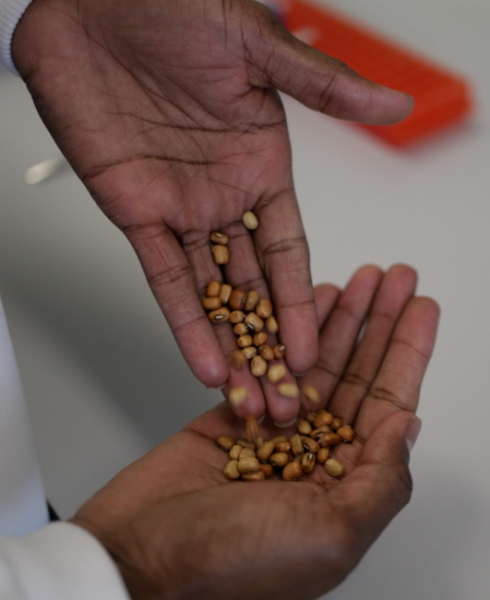
News
November 2025
COP30 film highlights how Crop Science Centre collaborations are empowering farmers through sustainable innovation

News
October 2025
Professor Uta Paszkowski appointed co-Director of ENSA in new joint leadership to accelerate breakthrough crop science for smallholder farmers
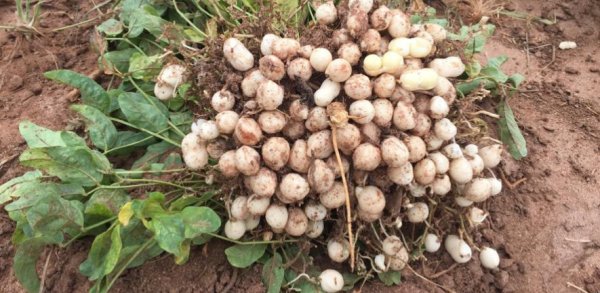
News
October 2025
Unlocking the potential of Bambara groundnut for food security and climate resilience

News
October 2025
Celebrating the power of international partnerships to deliver impact from science
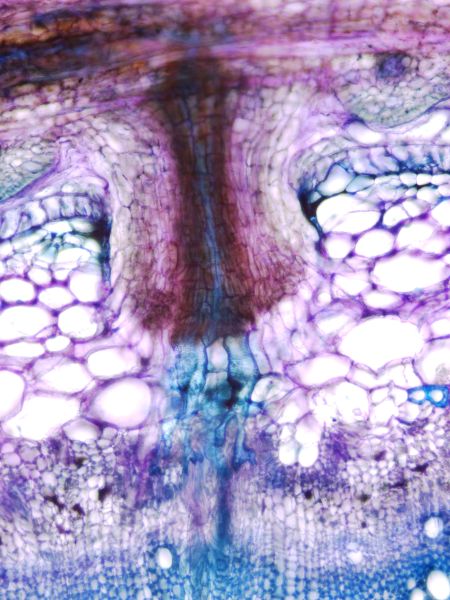
News
June 2025
How Plants Tailor Organ Development to Engage with Friends and Foes in Symbiotic Interactions

News
May 2025
Uta Paszkowski elected to the National Academy of Sciences
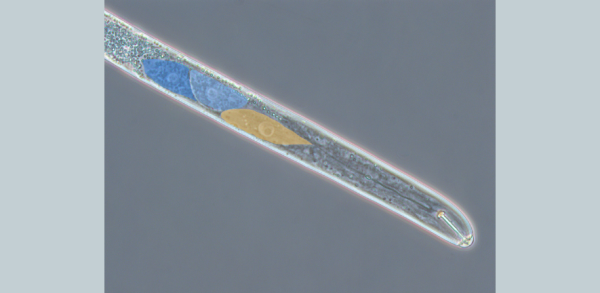
News
April 2025
Disrupting ‘communication’ with plants could limit cyst nematode infections

News
January 2025
Dr Victor Souza Coordinates Editorial on Plant-Parasitic Nematodes and Sustainable Crop Management

News
January 2025
Ahmed's Research visit to Somalia
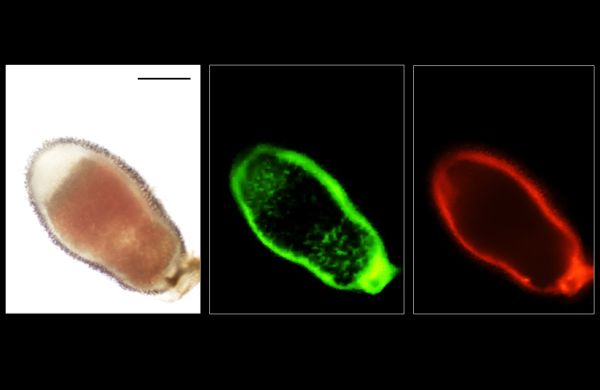
News
January 2025
Applying conventional and cell-type-specific CRISPR/Cas9 genome editing in legume plants
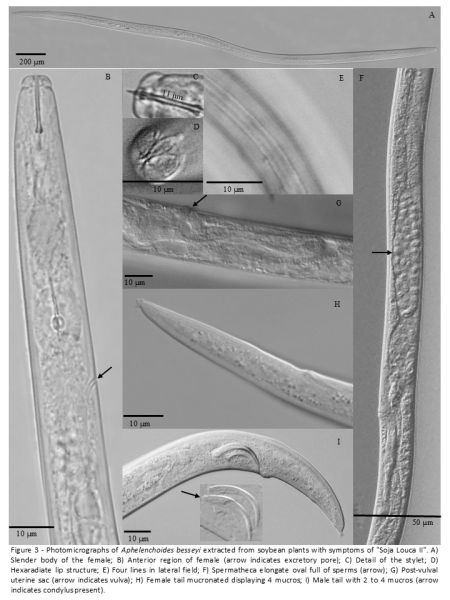
News
January 2025
Using fungus to protect key crops in Brazil
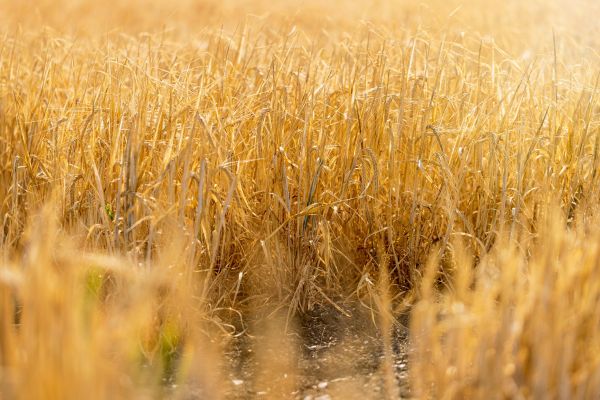
News
October 2024
Precision breeding: legislation, applications, and implications for the UK